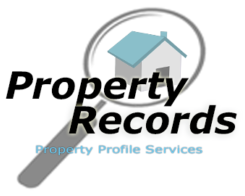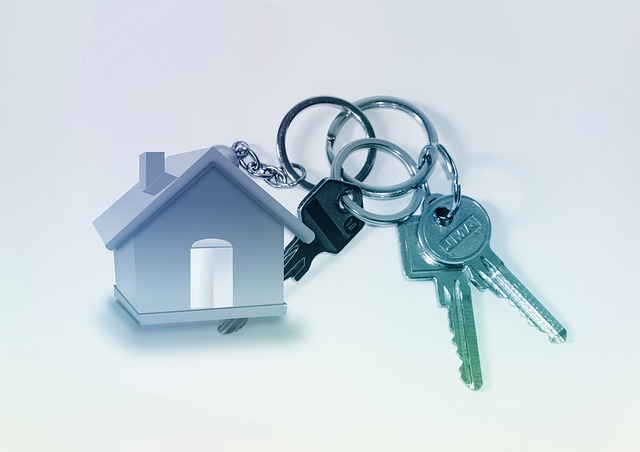It’s been a back and forth debate, which premise gives more financial sense in the long run.
Both ideas make sense and has valid points and it’s confusing because majority of the population that would like to buy a home are almost ready for the responsibilities of maintaining your own home.
On the other hand, the convenience of not having to maintain anything and not to worry about the breakdowns that could potentially happen on a weekend. Renting is hard to beat.
The basic argument is, ‘When you pay the landlord monthly with your rent, you don’t keep the equity building advantage for yourself.’
You also need to gauge yourself whether you’re in a good position to buy a house. With changes in tax laws, owning a home has less financial advantage, so the buying vs. renting debate continues to evolve.
Let’s go through some of the differences with buying and renting options and point important factors to consider.
The true cost of homeownership is higher than many anticipate.
There seems to be a widely held belief that buying a home always make more sense than renting. Thinking that when you rent and pay the landlord, your money doesn’t go to anything in return in terms of equity.
That is a foregone conclusion. Paying rent isn’t a waste of money. What you get in return is shelter for yourself and your family.
Even with buying a house, especially on the first years, most of the mortgage payment goes to interest payment, taxes and other fees—money that you’ll never see again.
The true cost of owning a house is much more than what you expect. Depending on your down payment and the value of the home, the cost of homeownership might run as high as 50% more than expected.
One-time cost (non-equity) which cost around 6-12% of the home value.
- Mortgage origination fees (charges by lenders for processing the loan).
- Closing Costs (property tax, interest, escrow).
- Realtor fees
Annual Ongoing cost, still no equity.
- Homeowners insurance
- Property Taxes
- Utilities
- Flood insurance
- Mortgage insurance
- Maintenance and repairs
- HOA dues
- Depending on your down payment, Mortgage Insurance Premiums
Renting might cost less, even over the long term.
After considering that long list of expenses, the cost of renting can certainly look lower than the cost of homeownership. The most considerable measure in considering buying a home is to determine if you’re going to live in that home for at least five years.
For example, when you buy and own a home for 30 years, chances are the closing cost will be more than offset the total cost when you bought the home. There is also a higher chance that the value of the home has increased over time.
On the other hand, if you bought the home and try to sell it again after 5 years. Most likely, you haven’t gained any appreciation on the home. With closing cost and other fees mentioned you’ll most likely loose money.
Most of your mortgage payments on the early years of owning the home goes towards the interest and not the principal balance.
Use a calculator to visualized the benefits between renting and buying.
Play around with the numbers. New mortgage calculators can give you a perspective on the real cost in the area that you are targeting. Since laws change, this is still a great ball park average on your cost.
With this data, you can even go as detailed as procuring a Property Profile and know more about the home that you are buying.
In conclusion, the decision will be base on your individual situation. Renting than owning a home has cost benefits for you and gives you the flexibility to save for a home if you decide to do so.

